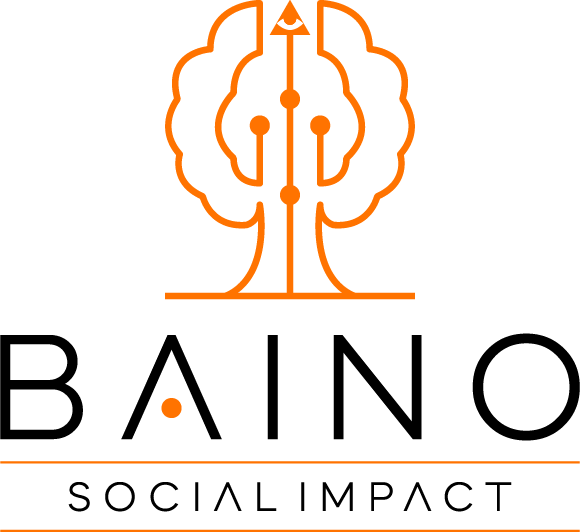Early child development sets the foundation for lifelong learning, behaviour and health.
Now that we know that those children are the ultimate treasure, the solution to all that ails, the quality of their day-to-day life—their childhood—must be managed with extraordinary caution. The vision and the future of Busoga region depend on them. We must prepare them to have what it takes to build, maintain, and progress it.
There is a critical need to pay close attention to children’s environment, self-image, values, brainpower and attitude. Everything counts.
The future of Busoga’s region is characterised by an environment in which our children are developing and living in a happy and fulfilling vision-driven place—where they are collectively looked after and instilled in valued traits, like a strong work ethic and unity in togetherness.
Children are born ready to learn. They depend on parents, family members and other caregivers (their immediate environment) as their first teachers to develop the skills to become independent and lead healthy lives.
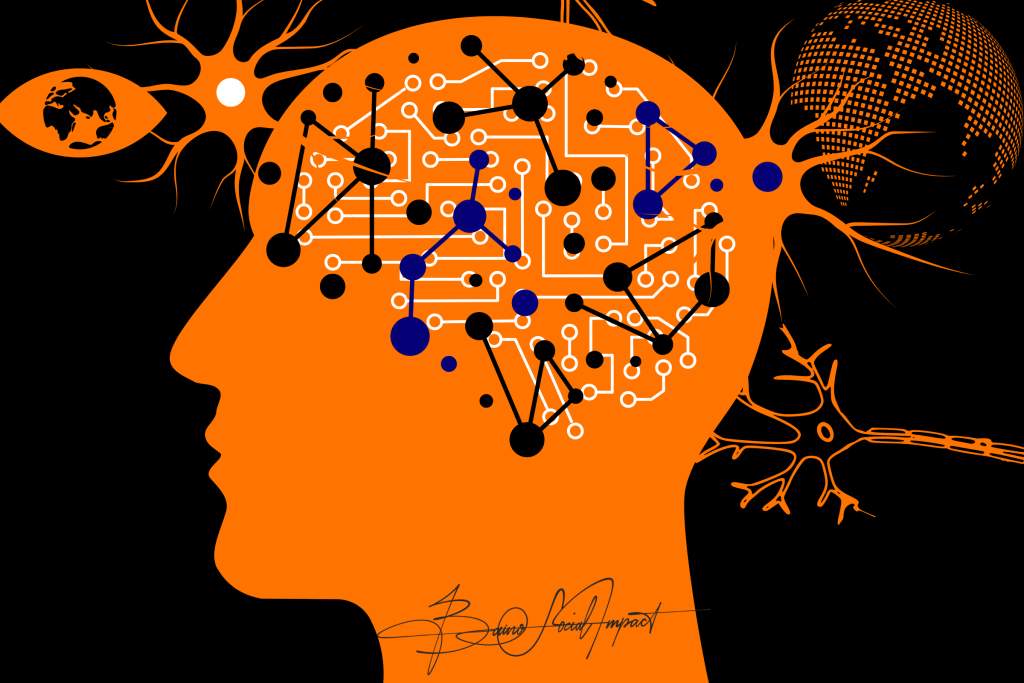
The Power of the Brain
The growth and development of our children’s brains must greatly interest Busoga because it’s inseparable from the results we need: attaining the defined vision. Brain development is a required ingredient of the foundation on which they will base decisions for their well-being and that of the region.
Brain architecture is comprised of billions of unending connections between individual neurons across many areas of the brain.
Since brains are built in stages, a process that begins shortly after conception and continues into the mid-20s, with more complex structures built on simpler structures, it’s crucial to get the early years right. The early years are the most active period for establishing billions of connections between individual neurons across many areas of the brain. It’s a critical stage for the brain because these connections become the foundation for a child’s future health, learning and behaviour.
We know that early experiences affect the development of brain architecture, which provides the foundation for all future learning.
The brain is a highly integrated organ, and its multiple functions operate in coordination with one another. These functions create capacities that are inextricably intertwined throughout one’s life course.
Emotional well-being and social competence provide a strong foundation for emerging cognitive abilities like emotional and cognitive intelligence, physical health, social skills and cognitive-linguistic capacities. All these abilities are crucial for a child to succeed in school, the workplace and society.
As experts have advised, it is easier and less costly to pay close attention at this early stage in a child’s life and address any diagnosed or anticipated issues than it is to intervene or ‘fix’ them later.
Before framing the walls, a foundation must be poured when constructing a house. Before wiring the house, walls and floors need to be built. Similarly, a human brain also has a built-in sequence, and early childhood is about laying a solid foundation to serve as a base for later development.
Just as a weak foundation compromises the quality and strength of a house, adverse experiences early in life can impair brain architecture, with adverse effects lasting into adulthood.
All aspects of adult human capital, from workforce skills to cooperative and lawful behaviour, build on capacities that are developed during childhood, and the brain is the engine that drives it all.
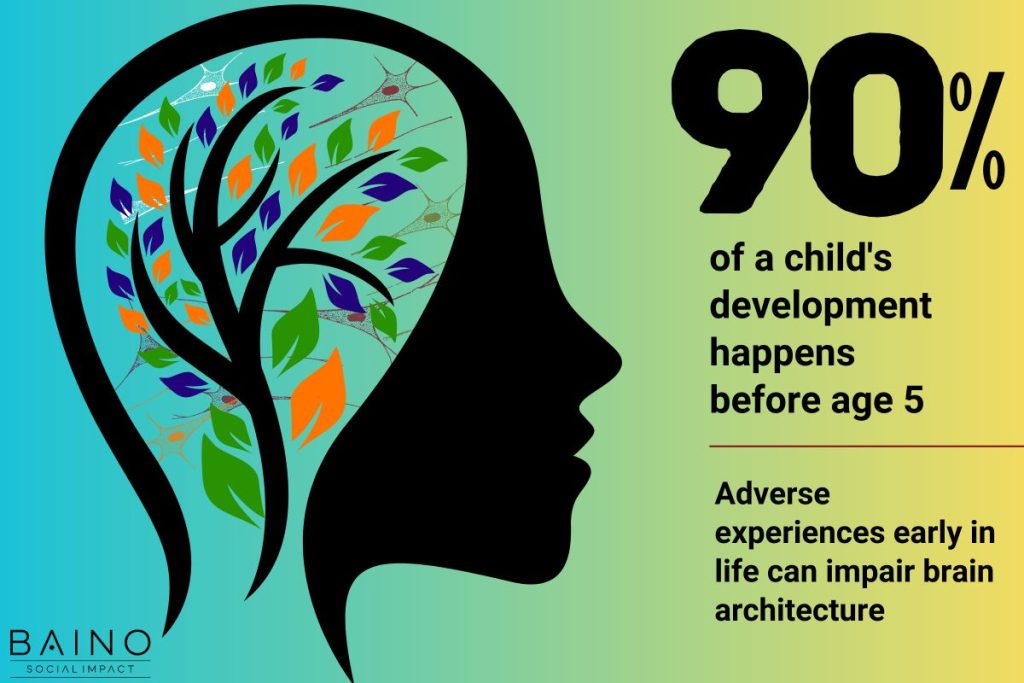
Brains that are well catered for command the quality of solutions to the unique challenges faced in society. They contribute productively to nurturing responsible citizens and creating and maintaining relationships for actual development. However, specific drastic changes and preparations that align with the required objective must be put in and around our children’s environment if Busoga’s vision is to be achieved.
Children grow and learn best in a safe environment protected from neglect and extreme or chronic stress. A growing brain can be strongly affected by the child’s experiences with other people and the world, so it requires nurturing, with plenty of opportunities to play, explore and learn.
There is a critical need to pay close attention to children’s environment, self-image, values, brainpower and attitude. Everything counts.
The future of Busoga’s region is characterised by an environment in which our children are developing and living in a happy and fulfilling vision-driven place—where they are collectively looked after and instilled in valued traits, like a strong work ethic and unity in togetherness.
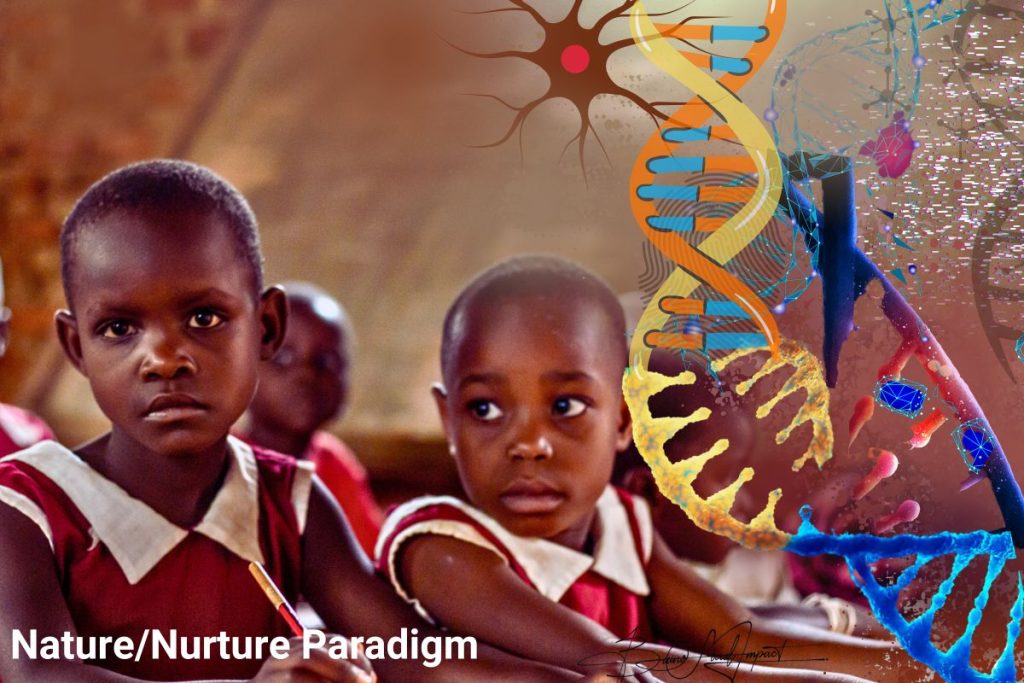
Yes, a child’s genes play a critical role in the capacity of their brainpower. Still, the experience they go through also has such a tremendous input in shaping and determining their brain’s physical architecture and its abilities.
During the normal brain developmental process, high-quality experiences reinforce essential cognitive, social, and emotional skills necessary for learning, forming close relationships and positive health outcomes. This process, called pruning, helps create a solid foundation for other additional development.
The positive nurturing interactions with trusted caregivers are:
- The bricks build a sturdy brain architecture.
- Leading to improved learning and behaviour.
- Better physical and mental health throughout life.
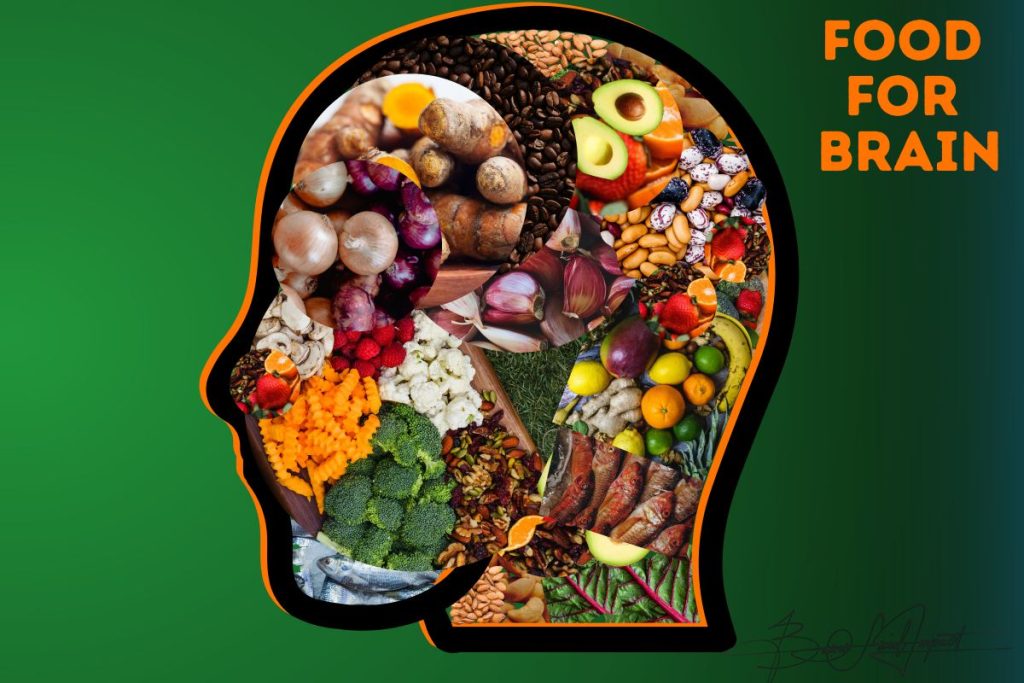
Other major determining factors in shaping the capacity of a child’s brain may include nutrition, the rate of exposure to toxins or infections and, of course, the quality of interaction and relationships a child gets involved in.
Children in the Busoga region grow under excessive stress, which also takes its toll.
Research has shown that stress is an integral part of healthy development because it activates a stress response that awakens a wide range of physiological reactions that prepare the body to deal with the threat, but excess stress is damaging. When these responses remain activated at high levels for significant periods, without supportive relationships to calm them, toxic stress results. This stress can impair the development of neural connections, especially in the areas of the brain dedicated to higher-order skills.
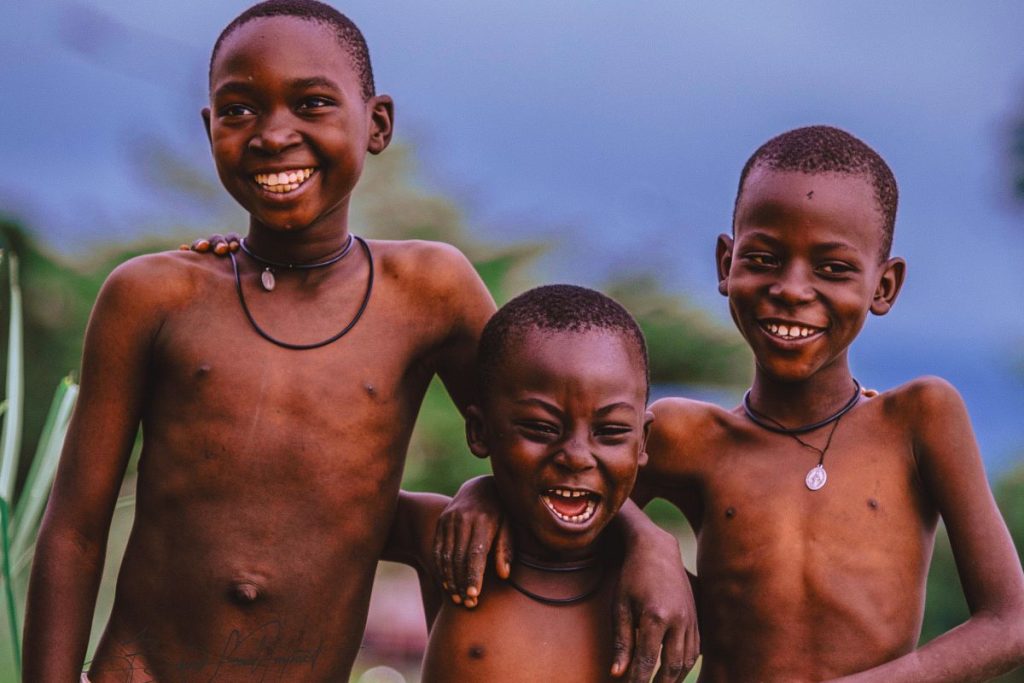
Importance of Relationships
Relationships are the ‘active ingredients’ of the environment’s influence on human development. They incorporate the qualities that best promote competence and well-being—individualised responsiveness, mutual action-and-interaction, and an emotional connection to other human beings—be it parents, peers, grandparents, teachers, neighbours, or any other persons who impact the child’s early development.
Nurturing and stable quality relationships with caring and responsive adults are essential to healthy human development beginning from birth. Relationships engage children in the human community in ways that help them define who they are, their potential, and their importance to other people.
Early and secure attachments contribute to the growth of a broad range of competencies, including a love of learning, a comfortable sense of oneself, positive social skills, multiple successful relationships, school adjustment, and a sophisticated understanding of emotions, commitment, morality, and other aspects of human relationships.
From these quality interactions, a foundation is built to support all learning and govern more complex lessons and behaviours like language, attention and emotional regulation.
In a spiralling sequential format, basic skills support more complex skillsets and behaviours over time. Therefore, every thought, feeling and action matters, as everything is connected to everything else.
What is the quality of our children’s relationships, given the circumstances in Busoga where poverty, illiteracy and general poor health are the order of the day?
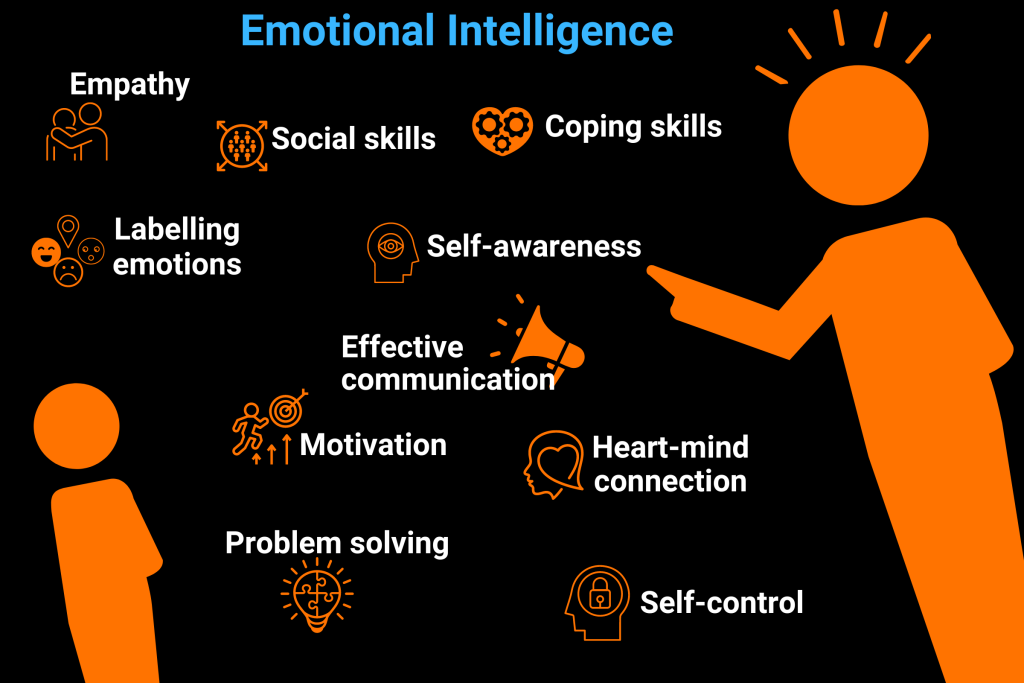
It is of considerable help when a child’s interaction with the environment, genes and experiences are of higher quality. Genes can impart the blueprint for brain circuit construction, as quality interactions with the environment nurtures, shapes, and reinforces what is required and expected.
Strengthening the brain capacity of Busoga children is one of the top prerequisites to attaining this shared vision; hence, sacrificing as much as we can to address this step cannot be stated enough.
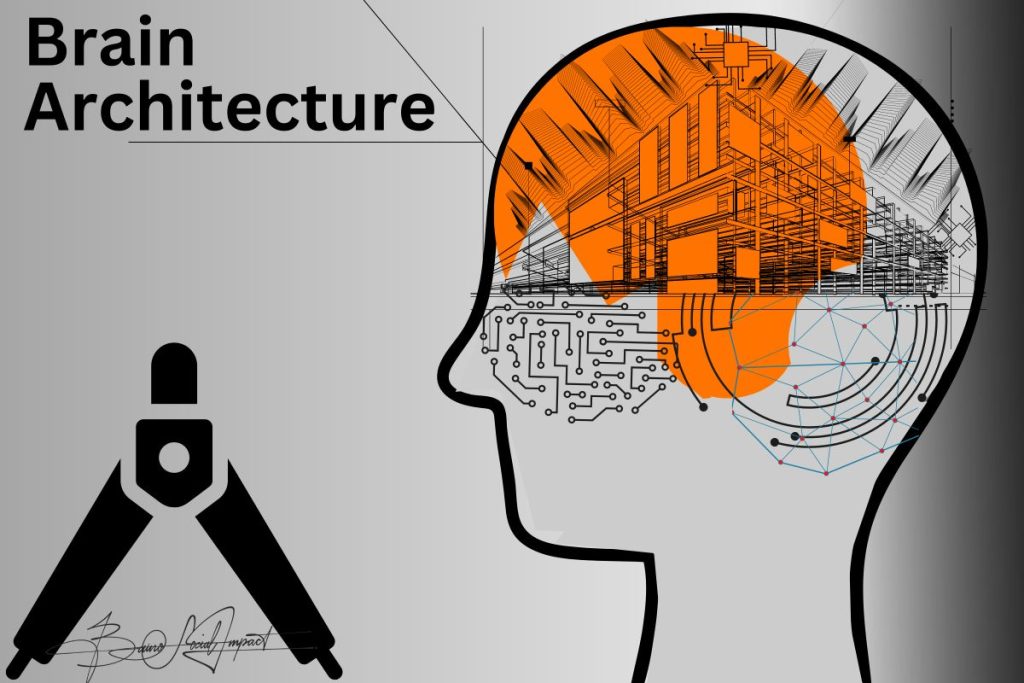
To Invest in Building Children’s Brainpower Is Wise
When we invest wisely in the brainpower of our children, families and communities, the adult generation will pay that back through a lifetime of quality productivity and responsible citizenry. We will then have a wealthy resource of a highly skilled workforce and a healthy adult population to confront the growing challenges of this global economy and its rising costs of everything perceivable.
Only then will our children have the know-how, the time and the means to make sound scientific decisions among competing demands and actions. Only then will they be able to develop the expertise required to strategically allocate available resources among other alternative approaches when investing for the most outstanding potential value.
They will then have what it takes to blend knowledge and insights from various disciplines to generate integrated, lasting solutions to current and future challenges.
